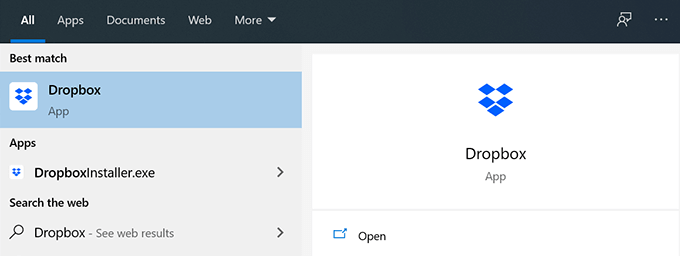

Often, people are surprised to learn that their cloud data isn’t backed up automatically. When you store your data in the cloud, it’s still wise to regularly backup your files. They can be accessed from any device and edited in real-time by multiple people.īy contrast, data backup is the practice of making copies of files in case they are lost or corrupted.Ĭloud storage and data backup actually go hand in hand. With cloud storage, you essentially store a virtual copy of your files with the cloud host provider rather than on your local device. What’s The Difference Between Cloud Storage and Data Backup?ĭata backup and cloud storage are two different things. However, despite this functionality, it’s crucial to realize that cloud storage is not the same as data backup. The cloud also makes it much easier to recover your files in the event of losing your device or it becoming damaged. Employees can access corporate data from anywhere on any device, without having to worry about downloading or sharing large attachments.

In comparison to on-premises storage, the cloud offers more simplicity and flexibility. Today, over 60% of all corporate data is stored in the cloud, and that number is only set to increase in the coming years as more organizations realize the cost-saving and efficiency benefits of cloud applications. Cloud storage applications like OneDrive, Google Drive and Dropbox have revolutionized how businesses store and access their data.


 0 kommentar(er)
0 kommentar(er)
